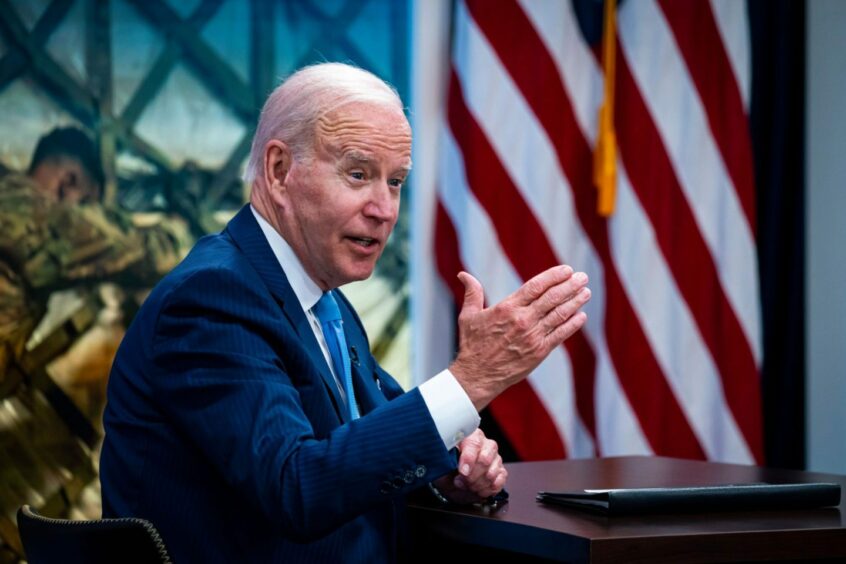
US President Joe Biden is due to visit the Middle East this week, with the oil market watching his trip to Saudi Arabia particularly closely.
Biden had singled out Saudi for criticism during his election campaign, saying he would make the Middle Eastern kingdom a “pariah” for the murder of Jamal Khashoggi.
The president will first visit Israel and hold talks with the Palestinian Authority.
On July 15 he will arrive in Jeddah, Saudi Arabia. There, Biden will attend a summit of the Gulf Cooperation Council (GCC). A Whitehouse briefing noted King Salman bin Abdulaziz al-Saud had invited Biden. It described Saudi as a “a strategic partner of the United States for nearly eight decades”.
Biden will discuss a number of issues in Saudi. These include the truce in Yemen and deterring the threat of Iran. The discussions will also cover “ensuring global energy and food security”. Biden plans to set out his vision of US engagement in the region.
While the US has not made much mention of oil price pressures, it is clearly an important issue. US gasoline prices are up $1.65 per gallon year on year, while diesel is up $2.34.
Biden has come under attack for failing to allow licences for new drilling, although there have been some signs this is changing. The president has blamed Russia’s invasion of Ukraine for driving up prices at the pump, but has also called for Congress to suspend the $0.18 federal tax on gasoline.
Picking fights
Biden has famously fallen out with oil companies, for instance saying ExxonMobil had made “more money than God”.
Chevron CEO Mike Wirth, in an open letter, said the Biden administration “has largely sought to criticize, and at times vilify, our industry”. Criticism of the industry, Wirth said, were not beneficial and “not what the American people deserve”.
The US administration has also had a testy relationship with Saudi and the Middle East. Saudi and the United Arab Emirates felt the US did not respond quickly enough to missile and drone strikes in January this year.
OPEC’s meeting at the end of June confirmed the group’s plan to continue adding incremental volumes. In August, the oil producers will add 648,000 barrels per day. This will see the end of OPEC’s production cuts, from early 2020.
Under this plan, Saudi would produce 11.004 million bpd in August. The country reached 12mn bpd in April 2020, but there is uncertainty over how long it can produce at this level.
A number of other producers are also struggling to reach OPEC quotas. Nigeria, Libya and Angola are all below quota.
Biden has said he would not ask Saudi specifically to increase production, but the Middle East in general.
Despite the challenges, Biden has said the US can still meet its clean energy objectives.
Foreign policy
US-based Middle East Institute (MEI) noted that the Middle Eastern energy producers had more leverage amid high prices. Biden’s visit “is unlikely to produce major breakthroughs in the short term”, MEI said.
The institute’s energy director Karen Young said Saudi was seeing a “windfall of wealth” as a result of high oil prices.
“The key question will be what the Saudi government decides to do with these proceeds, and whether domestic growth and investment is prioritized over regional financial intervention. Shaping that regional intervention to further the shared goals of providing low- and zero-carbon energy production should be a security and economic priority for US foreign policy.”
One area for improvement might be building on the Trump-era Abraham Accords, brokering relationships between Israel and Middle Eastern states. A US special envoy on anti-Semitism Deborah Lipstadt visited Saudi, Israel and the UAE in June.
